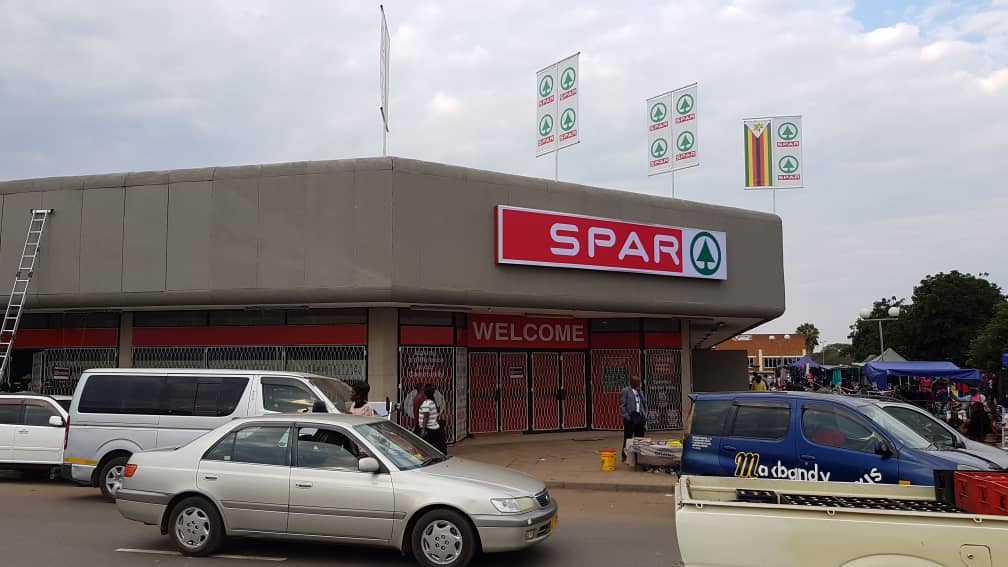
THE localised lockdown in the Midlands City of Kwekwe is commendable especially as the Indian variant has potential to quickly spread across the country. However, we believe these tight measures should have been done way back, and not after three weeks as is the case now.
This should serve as a reminder to both citizens and the authorities to guard their lives, otherwise there’s potential danger already.
While we commend the measures, we believe there is flagrant disregard of these measures on the other hand. Are these lockdown measures meant for only the poor and the opposition in this country?
Did we not hear that President Emmerson Mnangagwa’s Zanu PF party is auditing its structures in preparation for the 2023 elections, bringing in large numbers of people to its meetings?
Elsewhere in this edition, we carry a story that Mnangagwa yesterday addressed a large crowd of party supporters at Chief Njelele’s homestead near Gokwe Centre where he was launching Culture Week.
Mnangagwa admitted that COVID-19 is still with us, but chose to go ahead with his programme where there was high risk of spreading the disease. Supporters came from all over, Kwekwe, Gokwe and many other parts of the country to show support to him. Why the risk, all for political gains?
It only took the death of Kwekwe businessman to activate the lockdown measures in Kwekwe. What about in Mutare, Harare and Chitungwiza with a sizeable population of local and foreign businesses traveling to and from India during this COVID-19 period?
The Indian situation, where over 4 000 people are dying a day to the B1.617 variant, unfolded in the full glare of the world and we call on Mnangagwa and his government to apply lockdown measures evenly to save lives.
- Chamisa under fire over US$120K donation
- Mavhunga puts DeMbare into Chibuku quarterfinals
- Pension funds bet on Cabora Bassa oilfields
- Councils defy govt fire tender directive
Keep Reading
We are aware that our health sector is reeling under a plethora of challenges, and clearly none of us would want to be affected due to the recklessness of the authorities.
That Zimbabwe recorded its first cases of the variant in Kwekwe should send a clear message to the authorities given its centrality. Millions pass through Kwekwe to/from major cities into the country. Its central location is on its own a cause for concern and should jolt the authorities to tighten the measures. Besides, most countries have banned all travel to and from India, yet in Zimbabwe it’s business as usual with Indian investors and government ministers holding physical meetings. Recently, Industry minister Sekai Nzenza was seen cavorting with a group of Indian businessmen scouting for business in Zimbabwe without even wearing masks. Another report suggests that an Indian businessman recently chartered a plane for his relatives who arrived in the country and none was quarantined or tested at the country’s main airport.
With schools closing in less than a week, what will happen to children in boarding schools in Kwekwe? And likewise, children who reside in Kwekwe, but are borders elsewhere?
By now, we surely should have learnt to put measures early and not this reactionary approach. Rushed decisions have a tendency of backfiring. The Indian variant is deadly and any decisions around it should be carefully thought out.
Our health system is weak and can easily be overwhelmed, prevention is better than cure. The situation in India is desperate and no country can ever want that to happen to it. It is our hope that these measures would apply to everyone starting with those in authority.
Selective application of the law is drawing the country backwards.











